China, with its rich history and rapidly modernizing society, has a unique set of laws and regulations that might surprise many visitors. While some rules are common across the globe, others are specific to China’s cultural, political, and social landscape. These laws often reflect the government’s efforts to maintain social order, protect traditional values, or address specific issues within the country. For travelers and expatriates in China, understanding these regulations is crucial to avoid unintentional law-breaking.
Reincarnating Without Permission

In a bizarre twist of law, it’s illegal to reincarnate without government approval in China. This law, aimed at controlling Tibetan Buddhist spiritual leaders, requires all living Buddhas to obtain government permission before reincarnating. While it might seem absurd to many, this regulation is part of China’s efforts to maintain control over Tibetan religious practices.
Sharing Your Netflix Password

Sharing your Netflix password with friends or family is a common practice in many countries, but in China, it’s against the law. The Chinese government has strict regulations on digital content sharing and copyright infringement. This law aims to protect intellectual property rights and control the distribution of online content.
Playing Certain Video Games

China has strict regulations on video games, and many popular titles are banned in the country. Games that contain violence, gore, or content deemed politically sensitive are often prohibited. The government also imposes time limits on gaming for minors, making it illegal for children to play online games for more than a set number of hours per week.
Using Some Common English Words
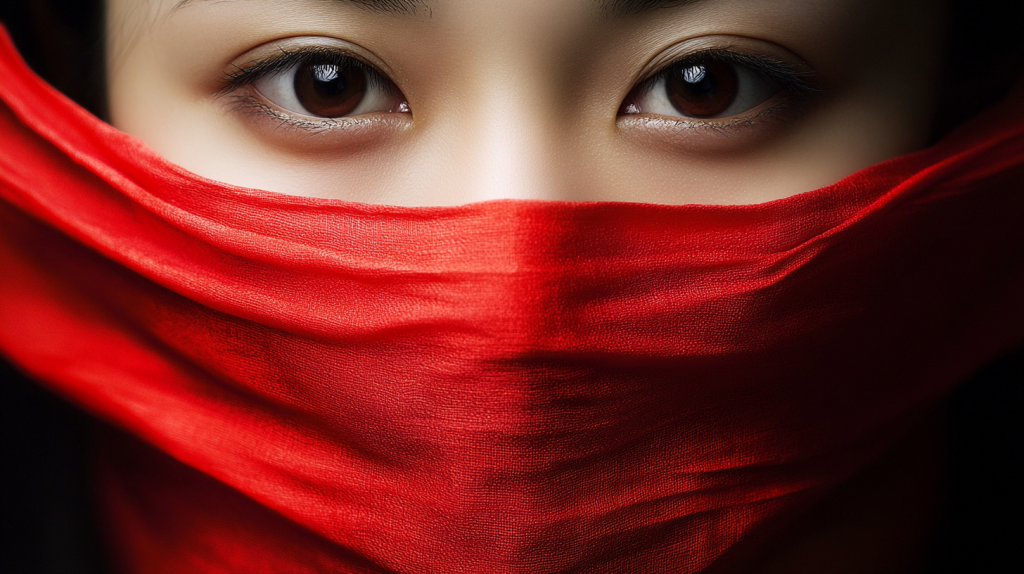
While learning English is encouraged in China, using certain English words or phrases can be illegal in official contexts. The government has banned the use of foreign words in official documents, broadcasts, and advertisements without proper Chinese translations. This law aims to preserve the purity of the Chinese language and culture.
Celebrating Some Western Holidays

Celebrating certain Western holidays, especially in government offices and schools, can be illegal in China. For example, Christmas celebrations have been banned in some cities and institutions. The government encourages the promotion of traditional Chinese festivals instead, aiming to strengthen national identity and cultural heritage.
Flying a Drone Without a License
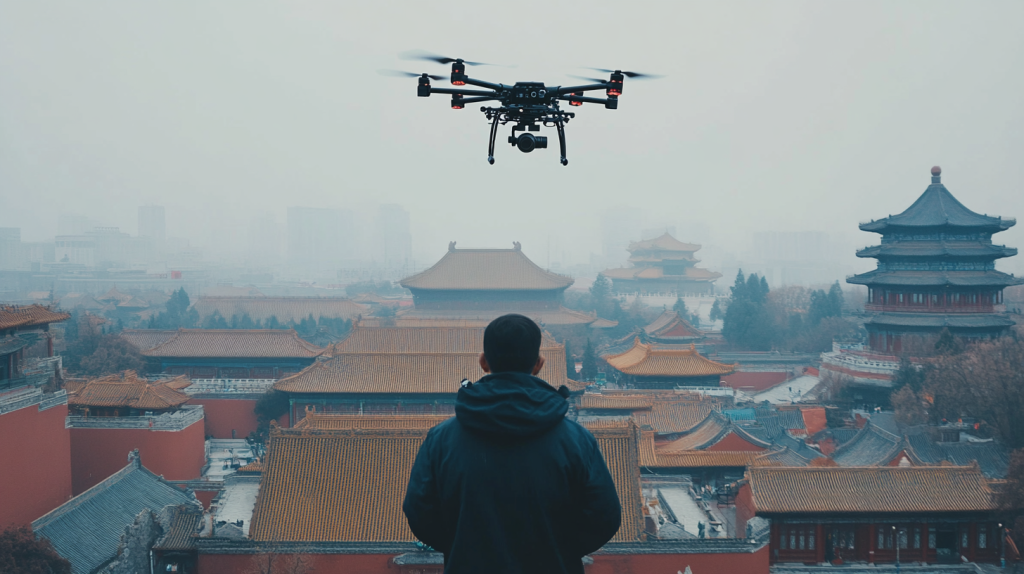
Operating a drone without proper registration and licensing is illegal in China. The country has strict regulations on drone usage, including restrictions on where drones can be flown and requirements for real-name registration. These laws are in place to address security concerns and maintain control over airspace.
Visiting Unofficial Places of Worship
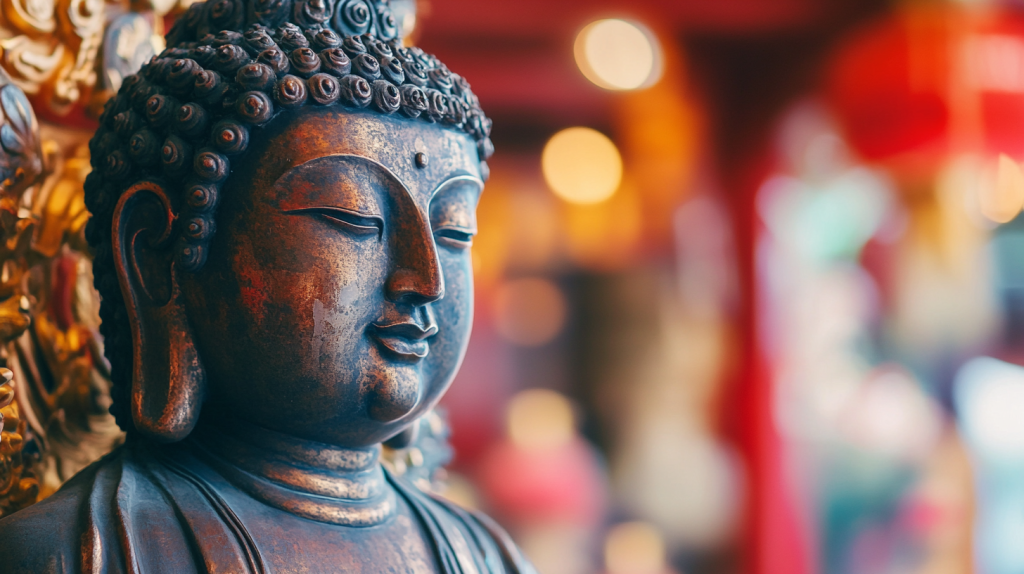
Attending religious services at unregistered places of worship is illegal in China. The government only recognizes five official religions, and all places of worship must be registered with the state. This law is part of China’s efforts to regulate religious activities and maintain social stability.
Using Certain Social Media Platforms

Many popular social media platforms, such as Facebook, Twitter, and Instagram, are banned in China. Using these platforms without government approval is illegal. China has its own social media ecosystem, with platforms like WeChat and Weibo, which are subject to government oversight and censorship.
Insulting the National Anthem
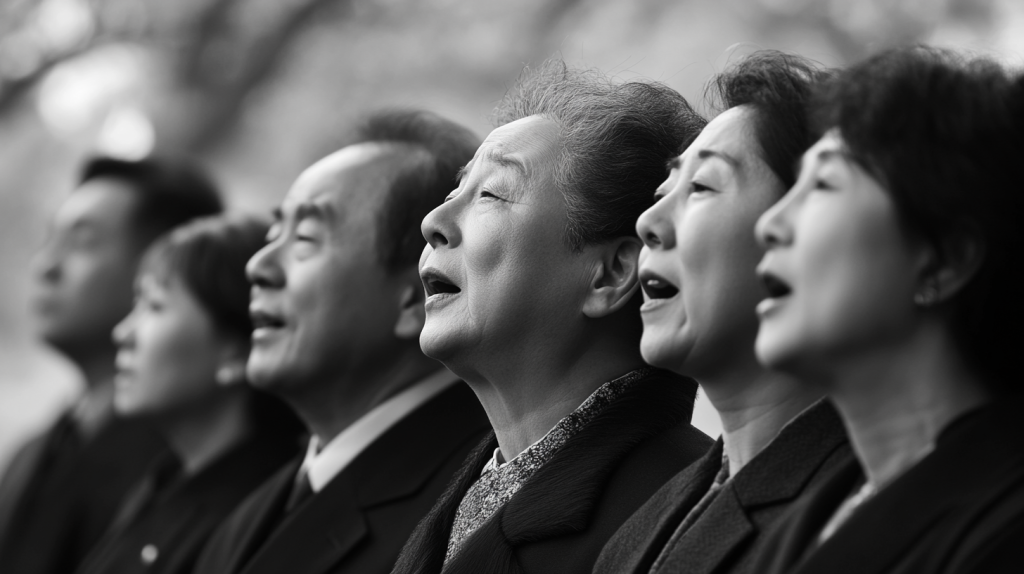
Disrespecting or insulting China’s national anthem is a criminal offense. This includes altering the lyrics, playing the anthem in inappropriate contexts, or not standing respectfully when it’s played. The law aims to promote patriotism and respect for national symbols.
Selling Certain Books

China has strict regulations on publishing and selling books. Books that are deemed politically sensitive, historically inaccurate (according to official narratives), or morally corrupt are banned. Selling or distributing these prohibited books is illegal and can result in severe penalties.
Practicing Certain Forms of Meditation
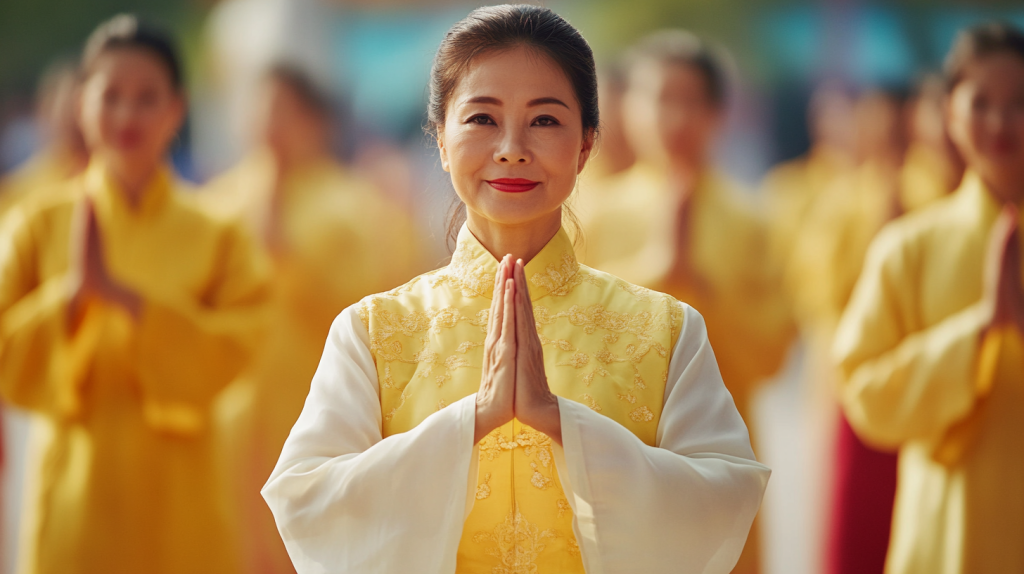
Some forms of meditation and spiritual practices, such as Falun Gong, are illegal in China. The government has banned these practices, citing concerns about social stability and potential challenges to state authority. Participating in these activities can lead to legal consequences.
Taking Photos of Military Installations

Photographing military facilities or other sensitive areas is strictly prohibited in China. This includes not just obvious military bases but also some government buildings and infrastructure. Tourists should be cautious about what they photograph to avoid unintentionally breaking this law.
Using Unapproved VPNs

While Virtual Private Networks (VPNs) are commonly used to access blocked websites in China, using unapproved VPNs is illegal. The government requires all VPN providers to be licensed and to comply with state regulations. Using an unlicensed VPN can result in fines or other penalties.
Spreading Rumors Online

Sharing unverified information or rumors online can be illegal in China. The government has strict laws against spreading false information that could cause social unrest or damage the country’s reputation. This law aims to maintain social stability and control the flow of information online.
Teaching English Without Proper Qualifications

Working as an English teacher without the proper qualifications and work visa is illegal in China. The country has specific requirements for foreign English teachers, including educational background and teaching certifications. Teaching without meeting these requirements can result in deportation and legal consequences.
Katy Willis is a writer, master herbalist, master gardener, and certified canine nutritionist who has been writing since 2002. She’s finds joy in learning new and interesting things, and finds history, science, and nature endlessly fascinating.

